Postdoc position in locus coeruleus connectomics of resilience
The Gordon Center for Medical Imaging (GCMI) in the Department of Radiology at Massachusetts General Hospital (MGH) and Harvard Medical School (HMS) in Boston, Massachusetts, has an opening for highly qualified individuals at the post-doctoral level to work with Dr. Heidi Jacobs and Dr. Sepulcre. The Jacobs lab is part of the Gordon Center for Medical Imaging at MGH and focused on improving the early detection and early treatment of Alzheimer’s disease. The lab focuses on the neuromodulatory subcortical nuclei, in particular the locus coeruleus, using a variety of approaches, including 7T MRI, PET imaging, pupil measurements, physiological recording, blood-based markers, cognitive assessments and non-invasive vagus nerve stimulation. The Sepulcre lab is focused on connectomics, brain organization methods and the integration with genomics in neurodegenerative diseases. This project is focused on identifying locus coeruleus functional network properties conferring resilience against Alzheimer’s disease-cognitive decline in the face of pathology and identifying network properties indicating risk of Alzheimer’s disease. This project will require pulling and harmonizing large imaging datasets together to investigate locus coeruleus function across the disease continuum (e.g. ADNI, HABS, A4, 7T lifespan dataset,..). The Jacobs Lab consists of a multidisciplinary team of one instructor, five postdocs, three PhD-students, three clinical research coordinators and one project manager. The Sepulcre lab consists of one Assistant Professor, three postdocs and several students.
Most of the work in this project will be performed at the Athinoula A. Martinos Center for Biomedical Imaging, Charlestown Navy Yard. The candidate will be part of ongoing collaborations and be able to work in a stimulating and inspiring environment. The Department of Radiology at MGH is equipped with the first mobile PET/CT, the first brain PET/MRI, the first whole-body PET/MRI in the USA and several MRI scanners, including two 7T ultra-high-field scanner. It is equipped with a large-scale shared memory computing facility for parametric image analysis, tomographic reconstruction, Monte Carlo simulation, and other computationally intensive research applications.
Our research group values open communication, motivation, optimism, mutual respect, teamwork, and innovative thinking. Dr. Jacobs and Dr. Sepulcre are highly committed to individualized mentoring to help trainees achieve the most out of their postdoctoral candidature and to move forward in their career. At a minimum, the training environment will include professional development, one-on-one meetings, group lab meetings, frequent seminars and journal clubs, opportunities to present their work at national and international scientific conferences (i.e. Human Amyloid Imaging, Alzheimer’s Association International Conference, OHBM), collaboration with partners within and outside MGH, and manuscript preparation for publication in high impact journals. In addition, both Dr. Jacobs and Dr. Sepulcre have a strong funding record and will strongly encourage and provide mentorship in grant applications.
Requirements: Candidates should have a Ph.D. in Cognitive Neuroscience, Computational Neuroscience, Neuroimaging, Psychology (Biological) or related disciplines. Strong analytical, quantitative and programming skills and experience in fMRI are essential. Experience in connectomics or graph theory and physiological modeling would be beneficial. The candidate should be highly motivated, a strong communicator, possess internal drive to learn independently, but also be comfortable with working as part of a larger collaborative team. A real necessity is a passion for science, strong scientific writing and organizational skills, and a positive attitude. Experience in Alzheimer’s disease dementia or aging would be beneficial.
MGH & HMS are equal-opportunity, affirmative action employers. Women and minority candidates are encouraged to apply.

Apply: The successful candidate will have joint appointments at MGH and HMS. If interested, please send your CV, letter describing interests, background, major achievements, skills, goals and contact information for three professional references. Please send application materials to Dr. Heidi Jacobs, Associate Professor of Radiology, at (www.heidijacobs.org)

